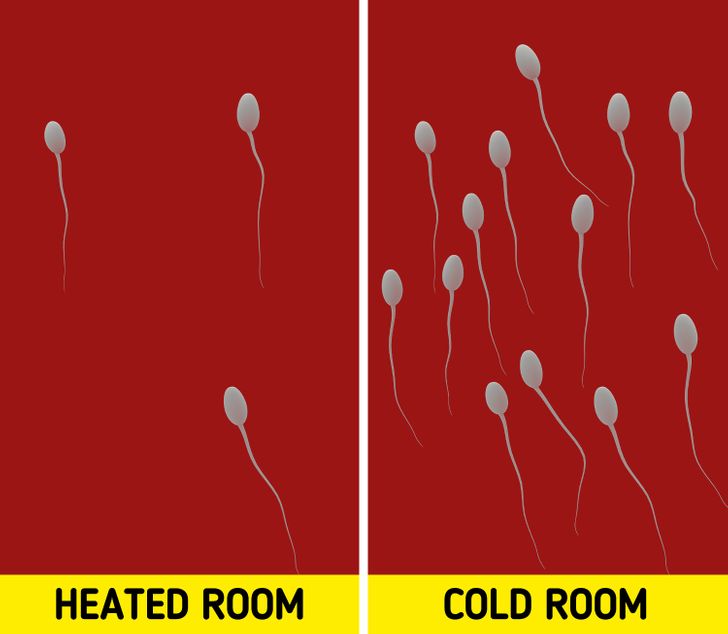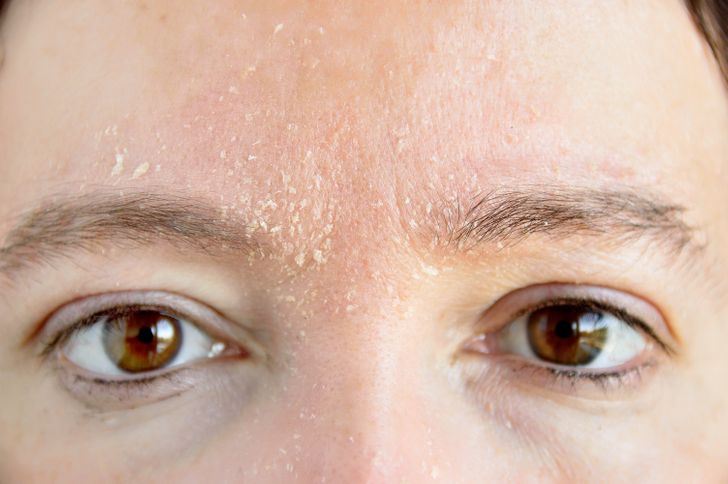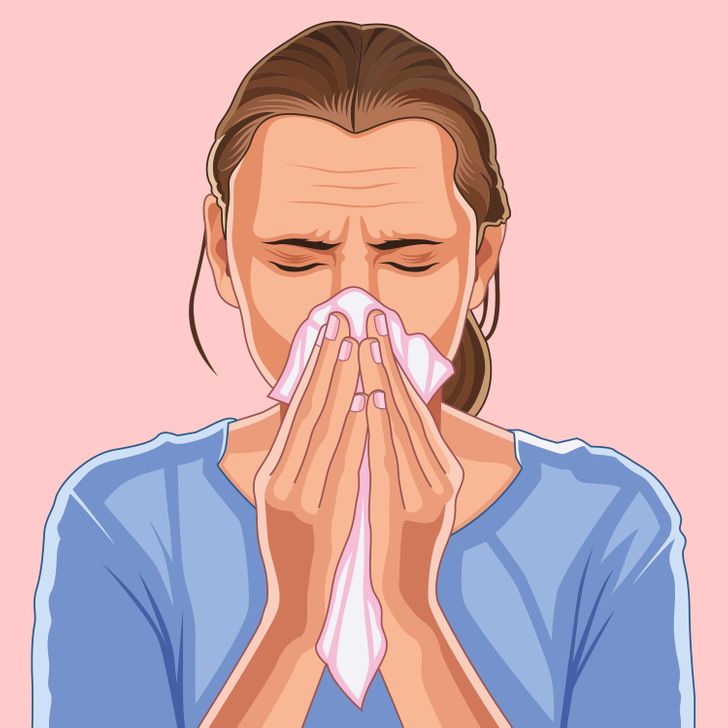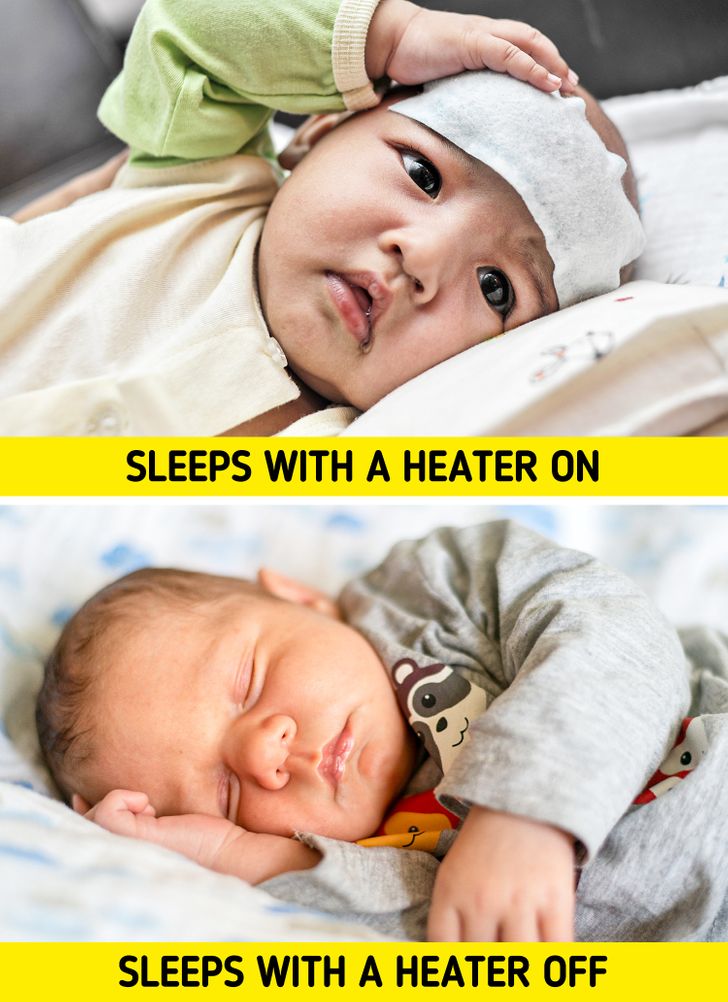l live in a place where is sub-tropical climate,so l don't use heater even in winter.
Why Sleeping With a Room Heater On Is Bad for You
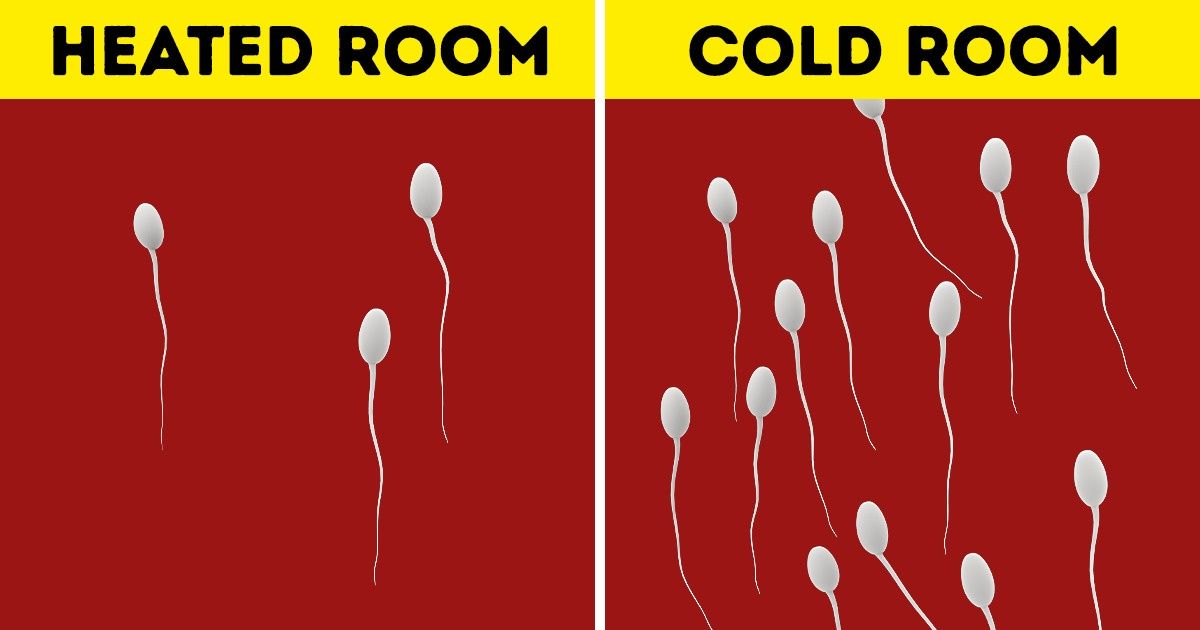
Turning your heater on might be your go-to option when cold days arrive. And while it’s a good feeling to not shiver when you get out from under a pile of blankets in the morning, your immune system might feel otherwise. Sleeping with the heater on during the night can make you more prone to infections and other serious diseases, and also make the inside air toxic.
Turning the heater off at night before going to sleep will not only protect your immune system, but it will also save on your electricity bill. So, we at Bright Side did some research to find out more about the negative effects of sleeping with a heater on.
It can disturb sleep quality.
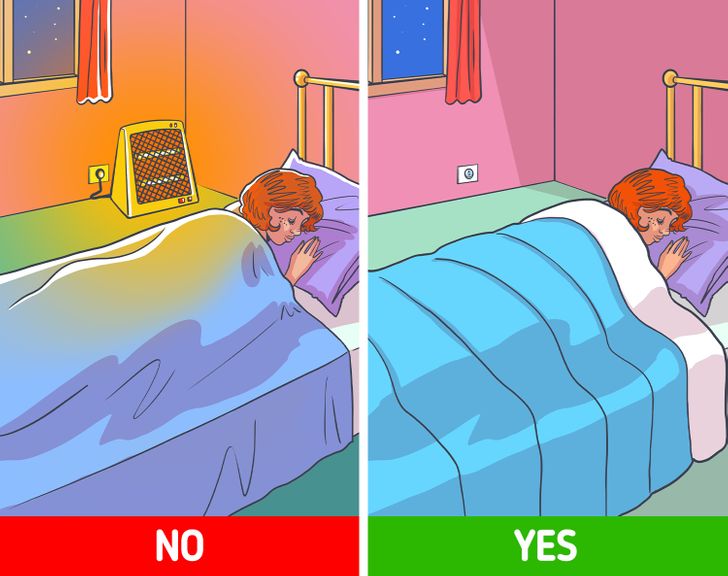
In the evening, our bodies experience a slight dip in their core temperature by sending heat away from the core, signaling to the body that it’s time for bed. However, when your room temperature is high, you might hinder your body’s thermoregulation process and experience fatigue, discomfort, and restlessness.
Hot ambient temperatures can lessen the time spent in NREM sleep. This won’t just make you feel groggy the next day, but it can also affect bodily recovery, memory consolidation, learning, and other processes. That’s why adding one more blanket instead of turning the heater on might be a better solution, as you can easily take off one layer when you get hot.
It can trigger chest pain and heart problems.
Room heaters (obviously) create a lot of heat, which in return boosts the level of carbon monoxide inside the room. This is why it’s not recommended to keep it on for a long time, as the heat will raise the CO above safe levels which can be harmful to our health.
The effects of keeping room heaters on for prolonged periods of time can trigger chest pain and initiate other heart problems. In this case, people who have heart-related diseases and asthma patients should be extra careful, as they are particularly at risk.
It can affect male fertility.
Prolonged exposure to heat might be a significant factor for male infertility. However, the good thing is, the negative effects that the heat can cause are reversible. So, this means it’s never too late to turn off your heater and start sleeping in a colder room.
It can dry out your skin.
Sleeping with the heater on all night long can also cause our skin to dry out because of a lack of moisture. This can also make your skin easily irritated, flaky, and itchy. People who tend to keep the heater close to them are the most at risk of experiencing dry skin and the rest of the symptoms mentioned above.
It can make the air in your room toxic.
If your room is not properly ventilated (which is hard to maintain while you are asleep), prolonged periods of excessive heat can negatively affect the quality of indoor air. This can provoke health consequences in the long run and potentially lead to respiratory issues like asthma, trigger allergies, and cause some other serious diseases.
It can suppress your immune system.
Babies don’t like heated rooms either.
Babies are more sensitive to heated rooms, as their skin dries up considerably faster. Also, the mucus in the nose which is responsible for trapping bacteria easily dries up in a room with hot air. When the mucus dries up, our immune system is weakened and more prone to infection. And, while our immune system is strong enough to handle this, that’s not the case with babies, and they become even more susceptible to infections.
Do you sleep with a room heater on? Share your thoughts and experiences with us in the comments.
Comments
Related Reads
14 Quite Acts of Kindness That Changed Someone’s Life Forever

Our “Romantic” Vacation Was Hijacked by My Wife’s Family—And It Forced Us to Reevaluate Our Relationship

I Refuse to Spend My College Fund on My Stepsister’s Wedding, She’s Not Even My Real Sister

12 Moments That Show Romance Is Really About Small Acts of Kindness

12 Moments Where Empathy Showed the Power of a Kind Heart

15 Moments That Prove Kindness and Mercy Are Quietly Saving the World

I Refuse to Take Care of My Sick DIL, I’m Not Her Full-Time Nurse

I Refuse to Keep Visiting My Husband’s Family—I’m the Breadwinner, Not Him

I Kicked Out My Sister and Her Son After His Behavior Crossed a Line
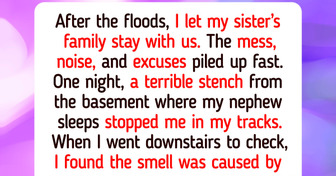
I Refused to Share My Bank Account Details With My BF—His Response Revealed His True Colors

16 Stories That Prove a Dad’s Love Is the Most Powerful Magic in the World

12 Small Acts of Kindness That Quietly Changed Lives


